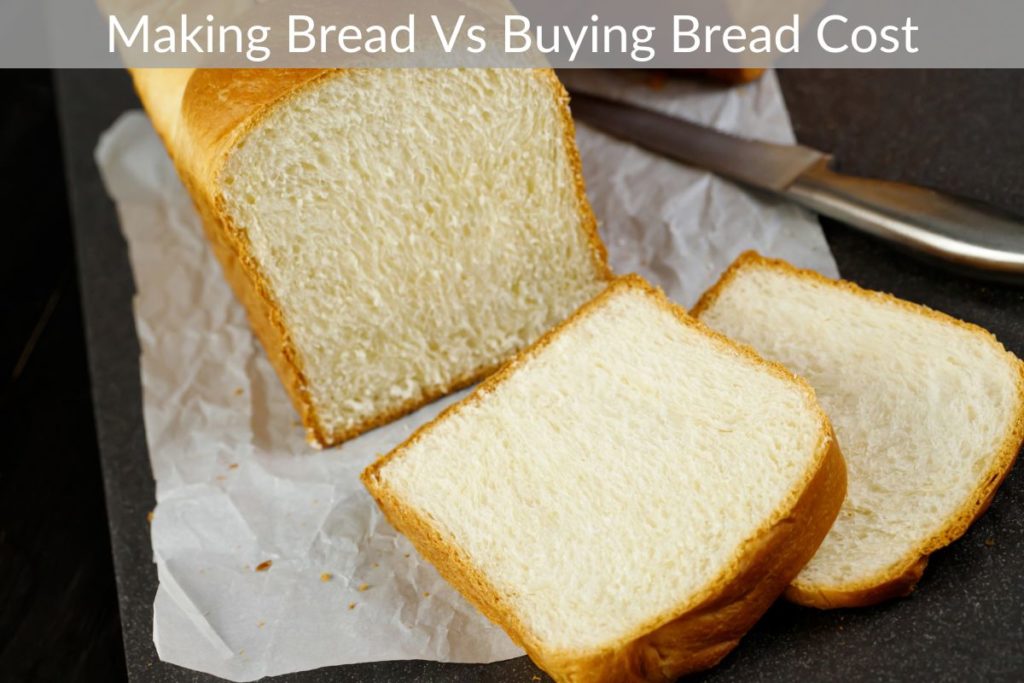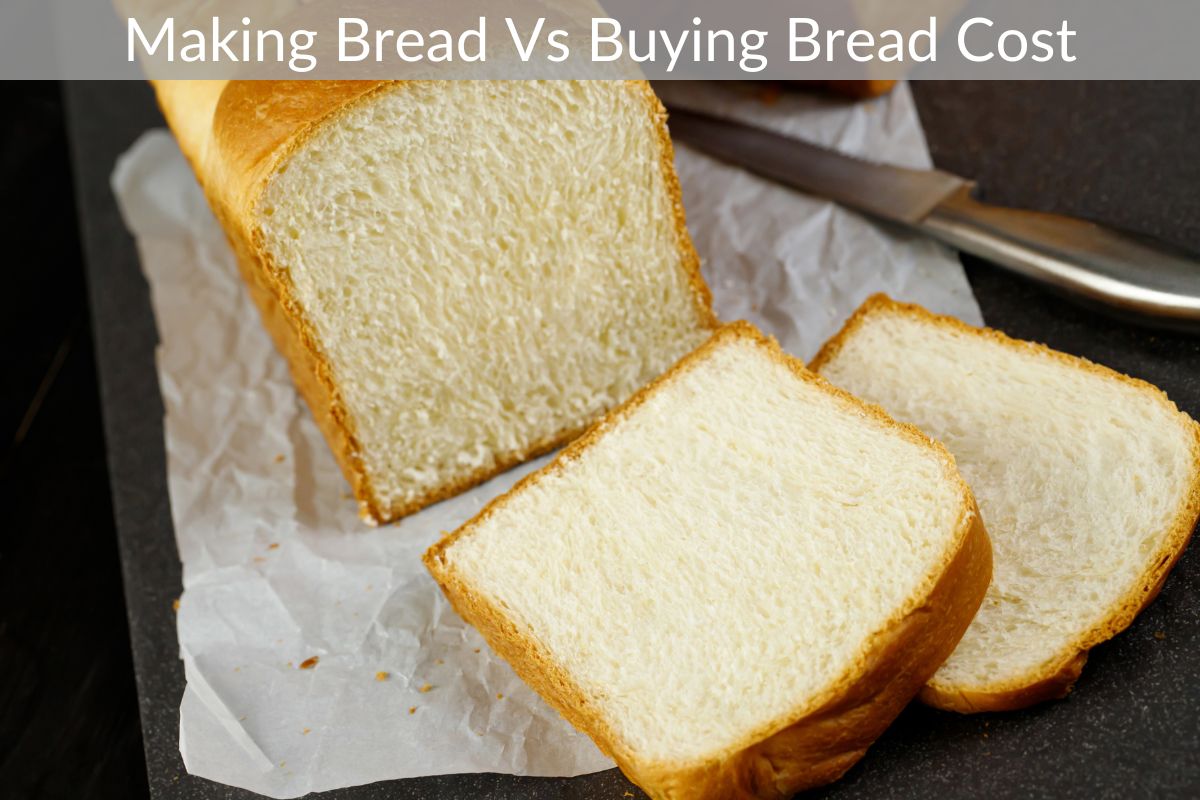Whether you want to control the quality of the ingredients in your homemade loaf of bread or just save space, you have many options. One option is to use store-bought bread, but you may have issues with it later on.
Another option is to get a recipe online from a third party. Regardless of which method you choose, this method is still better than relying on a third party recipe.

Cost of making bread at home vs buying bread
While you may think that making bread from scratch is expensive, it is not. In fact, you can often make delicious bread for a fraction of the cost of store-bought bread. In fact, you should be able to bake bread for less than two dollars a loaf! The downside of making your own bread is that it requires more time and effort. However, the rewards are worth the price of the extra work and satisfaction!
You can save a lot of money by making your own bread. Bread from scratch is significantly cheaper than store-bought bread. This is especially true if you make several loaves and freeze them for later use. This way, you’ll have freshly baked bread at your fingertips without the high-cost ingredients. Plus, homemade bread is healthier and more filling than store-bought loaves.
Besides, homemade bread is better for you, as you can control the ingredients. Store-bought breads may contain ingredients that are not natural and may not suit your preferences. Also, store-bought bread may contain additives and preservatives that you don’t want. This is one of the reasons many people choose to make their own bread. Make sure to bake a loaf at a time so that you don’t waste too much time in one go. You’ll enjoy making bread with your family, too!
When comparing the cost of making bread at home vs buying, consider the time it takes to bake a loaf of bread at a time. The main saving is that you don’t have to wait around for the oven to heat up, and you can save more money by making more loaves. Moreover, homemade bread can last for several months, compared to store-bought bread.
Controlling the quality of ingredients in homemade bread
In this study, the goal was to optimize the bread’s overall acceptability and sensory properties and to assess the role of polyols in increasing its shelf life. The flour was purchased from a local supermarket and its chemical characteristics were assessed using standard methods. The presence of polyols increased the bread’s acceptability score by between 0.1% and 6 percent. This increase in the polyol content did not significantly affect its overall acceptability.
Salt, one of the key ingredients in bread making, plays a multi-functional role. It controls the rate of fermentation and strengthens the gluten. Yeast acts as a leavening agent and increases the size of dough by fermenting natural sugars. Yeast is responsible for the bread’s rising properties. This process results in carbon dioxide and ethanol, which are released by the fermentation of starch granules. Bread’s flavour is affected by the salt content.
Buying store-bought bread saves space
Buying store-bought bread has several advantages. Unlike baking your own, you do not have to measure ingredients, wait for the dough to rise, or think about how to make your own bread. Additionally, buying store-bought bread will save you space on your counter. Which one is better? The answer really depends on your lifestyle and the number of people who will consume it. For those who have limited space, buying store-bought bread might be the best option.
Store-bought bread will go bad in a few days. In contrast, home-baked bread will last for weeks. You can store the bread in the freezer in a plastic bag for up to 3 months. To save space in your kitchen, you can simply defrost the bread in the refrigerator, eat it at room temperature, or toast it right in the toaster.
One of the biggest benefits of buying store-bought bread is that you can easily store it in a plastic container. Bread can last for a week or more without developing mold. However, if you’re a bread lover, you can purchase a ventilated bread box to prevent moisture buildup. For homemade bread, make sure to cool it completely on a wire rack. Once completely cooled, you can store it in a paper bag, or a reusable bread bag. This way, any excess moisture will be absorbed by the bag.
Buying store-bought bread save’s space and is a smart investment. It can also help prevent the growth of mold and other microorganisms. In fact, preventing the growth of mold is an investment in your entire store. Cleaner air helps your dairy and produce last longer. It is important to keep in mind that the freshness of bread is dependent on the quality of air in the store.

